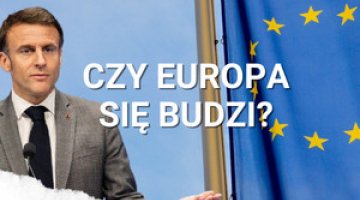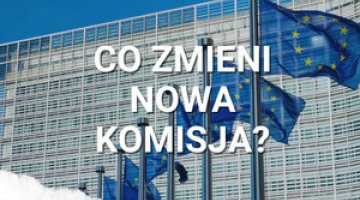Cyprus closer to Russia
On 25 February, during an official visit by the President of Cyprus Nikos Anastasiadis to Moscow, a number of agreements were signed on closer economic and military cooperation between the two countries. Of these, the most important are the intergovernmental agreement on military cooperation, and a memorandum on cooperation between the defence ministries in the naval sphere. In contrast, the economic agreements signed are merely non-binding memoranda. The Russian media have used the visit to demonstrate that not all EU countries are ready to limit their cooperation with Russia. On the eve of the visit, the Russian Federation Council ratified changes to the conditions of the Russian loan to Cyprus in 2011 of €2.5 billion: the postponement of repayment for five years (until 2016), and a reduction in the interest rate from 4.5% to 2.5%. These alterations will be of considerable benefit to Cyprus
Commentary
- The military cooperation agreement should be considered the most important result of the visit. However, its significance is mostly political, since it does not have any military consequences. The document is fully public, and should be understood as a basis for the defence ministries to reach more specific agreements (within the established joint working group), probably without the need for further approval from higher authorities. It creates a quasi-alliance relationship, as highlighted by the point requiring the parties not to share with third parties any information about the nature and forms of their cooperation. This kind of stipulation – which undermines the solidarity of Cyprus within the framework of the EU’s Common Foreign and Security Policy – was the main purpose of the agreement for Moscow. The ability to use military facilities (ports and airports) in Cyprus, while so far only theoretical, is actually of limited importance for Russia. The Russian Navy squadron in the eastern part of the Mediterranean can rely for logistical support on the Tartus base which Russia leases from Syria, the safe use of which (despite the armed conflict in Syria) is not at risk.
- The fact of the visit itself, the signing of documents on closer military cooperation between Cyprus and Russia, and the calls by the President of Cyprus for the resumption of security cooperation between the EU and Russia, represent a partial break by Cyprus with the EU’s policy of limiting high-level contacts, and the suspension of military cooperation with Russia in response to its aggression against Ukraine. This allows Russia to demonstrate – as during President Putin’s visit to Budapest on 17 February – that it is not isolated, even within the EU.
- In the context of the manoeuvres concerning EU sanctions against Russia, Moscow is seeking to demonstrate that opponents of the policy of sanctions within the EU can count on economic and political benefits. In the case of Cyprus, this means clear support from Russia for Nicosia’s position on the issue of reunifying the island (placing the emphasis on finding a solution without the involvement of third parties, i.e. Turkey, and supporting the Cypriot government’s dispute with the Turkish side over the right to exploit the resources of the undersea shelf). As for the economic benefits, some of them are real (such as reducing the cost of the Russian loan); however, when it comes to overcoming the effects of Russian counter-sanctions against the EU, Moscow is limiting itself to vague promises for the time being.





